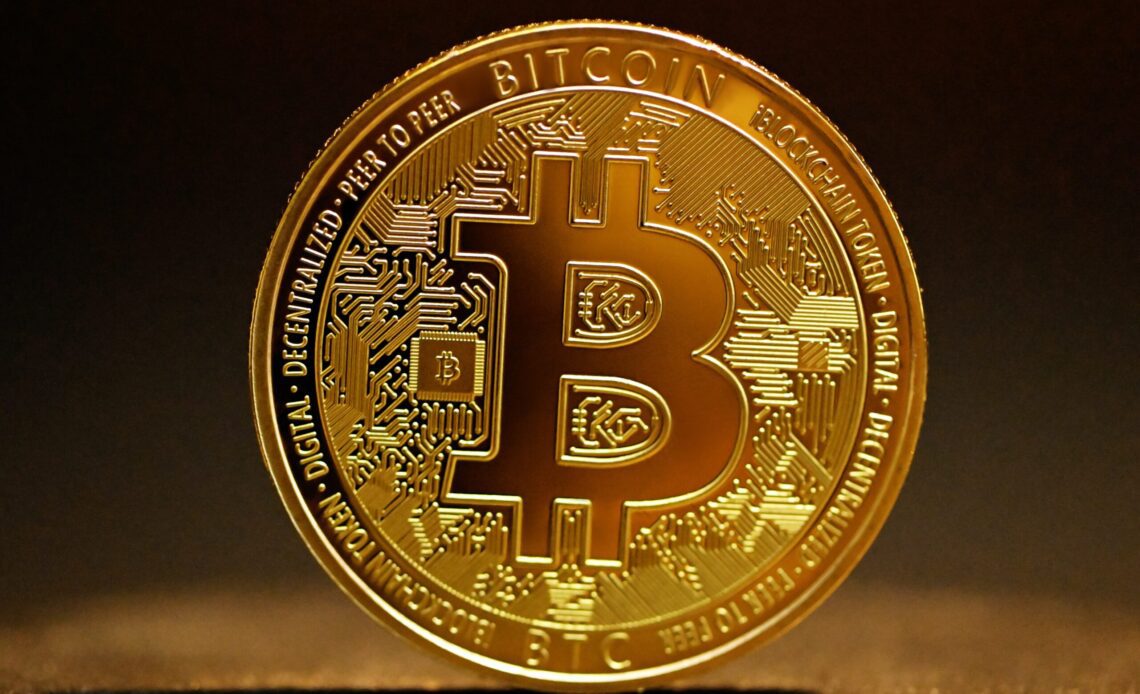It has been one year since Bitcoin became legal tender in El Salvador. Crypto adoption has not been without issues in El Salvador, but it’s difficult to weed through the different stories about Bitcoin because there are so many competing interests promoting or FUDing Bitcoin. This article will filter through the nonsense and describe how Bitcoin in El Salvador has panned out one year after it became legal tender.
Why El Salvador Made Bitcoin Legal Tender
El Salvador made Bitcoin legal tender ostensibly for a few reasons. The government cited the following reasons:
- A significant portion of El Salvadorans receive remittances from the United States. Remittances from the US actually make up 20% of El Salvador’s GDP. Fees for wiring money to El Salvador are not cheap. Bitcoin transactions are cheap, so the El Salvador government made Bitcoin legal tender to reduce the fees citizens must pay for remittances.
- Approximately 70% of El Salvadorans do not have bank accounts. Transacting in Bitcoin can act as a sort of bank account.
- El Salvador uses the United States Dollar, which is suffering from fairly bad inflation at the moment. El Salvador moved to Bitcoin to hedge itself against inflation of the US Dollar.
The three reasons listed above are all the official reasons that El Salvador gave for making Bitcoin legal tender. There are likely other reasons for El Salvador to make Bitcoin legal tender that they will not say publicly, though.
It’s also important to note that USD is still legal tender in El Salvador. The country still mostly uses USD despite Bitcoin legal tender. Anyway, the next section will discuss the reality of Bitcoin use in El Salvador since the country made it legal tender.
Bitcoin in El Salvador – The Reality
This section will cover point by point the official reasons that El Salvador made Bitcoin legal tender and then describe the reality of the situation. First of all, remittances in El Salvador. Are Salvadorans using Bitcoin for remittances?
No, Salvadorans are not really using Bitcoin for remittances. According to information from worldcoinstats.com only 3.2% of all remittances are done in Bitcoin, which is pretty bad. Of course, no one expected this number to jump to 100% overnight, but it’s an underwhelming use compared to what many in crypto expected.
Next, are Salvadorans using Bitcoin for their daily transactions?
Again, not really. There’s no hard data on this figure, but it’s estimated…
Click Here to Read the Full Original Article at NewsBTC…
























